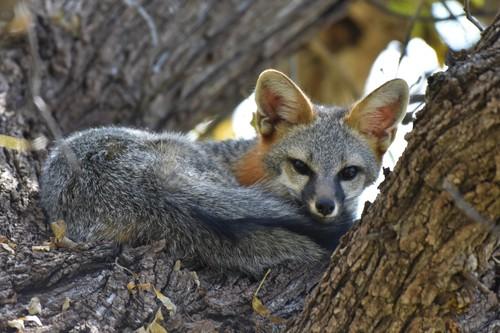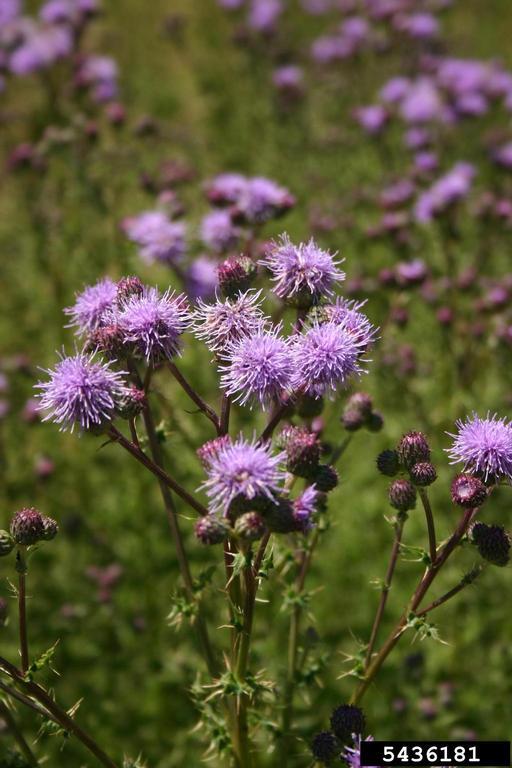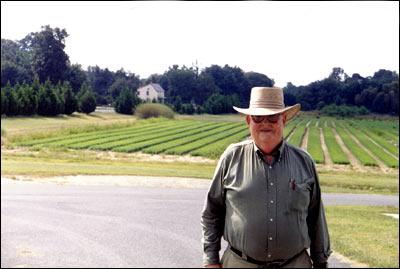Share Your Views on how Maryland Manages State Forests
The Maryland Department of Natural Resources is inviting public comments on proposed fiscal year 2023 annual work plans for four state forests: Chesapeake/Pocomoke, Green Ridge, Potomac/Garrett, and Savage River.
The comment period closes March 4, 2022 for these work plans, which will go into effect with the start of the 2023 fiscal year in July.
The annual work plans, according to the DNR, “help the department identify priorities within the scope of the forests’ long-range management. They address composition, establishment, growth, health, and quality, along with construction and maintenance projects.”
Maryland Forest Service Acting Director Anne Hairston-Strang notes that public comments are an essential part of managing the health of the state’s forests. “We are dependent on the public’s input to help us develop the most comprehensive and effective management practices for the forested lands and tracts.”
Comments can be provided online at the DNR website or emailed to stateforests.dnr@maryland.gov.






